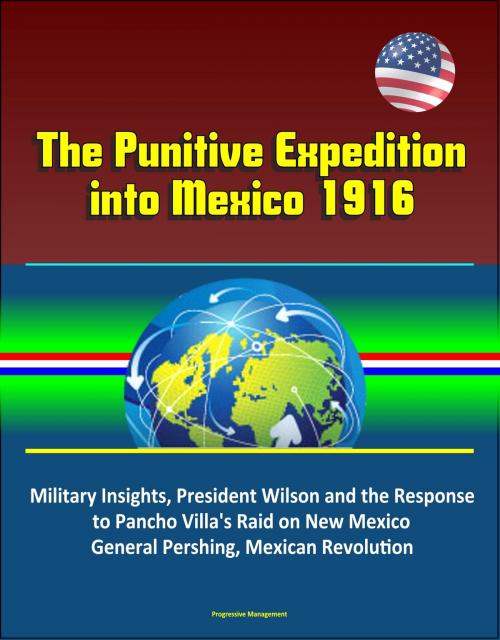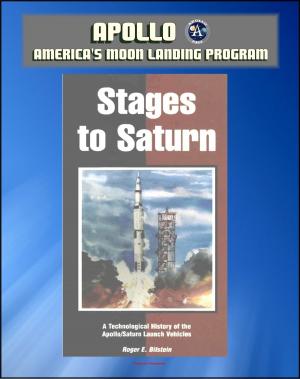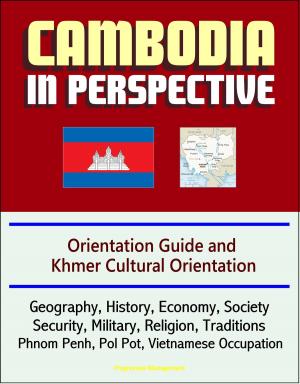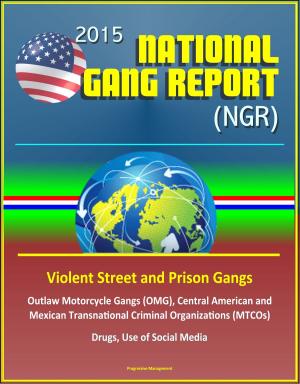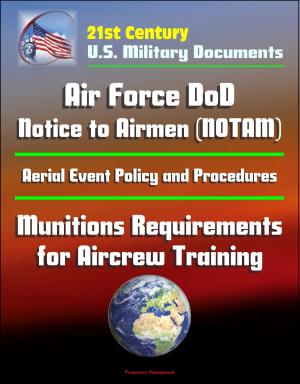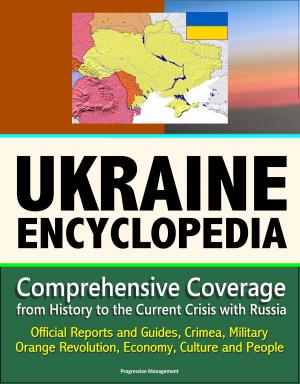The Punitive Expedition into Mexico 1916: Political - Military Insights, President Wilson and the Response to Pancho Villa's Raid on New Mexico, General Pershing, Mexican Revolution
Nonfiction, History, Americas, Mexico, Military, United States| Author: | Progressive Management | ISBN: | 9781311652416 |
| Publisher: | Progressive Management | Publication: | July 7, 2016 |
| Imprint: | Smashwords Edition | Language: | English |
| Author: | Progressive Management |
| ISBN: | 9781311652416 |
| Publisher: | Progressive Management |
| Publication: | July 7, 2016 |
| Imprint: | Smashwords Edition |
| Language: | English |
This excellent report has been professionally converted for accurate flowing-text e-book format reproduction. This study examines the political-military insights offered by the Punitive Expedition into Mexico, 10 March 1916 to 5 February 1917. This thesis uncovers these insights by examining how Major General Frederick Funston, commander of the United States Southern Department, and Brigadier General John J. Pershing, commander of the Punitive Expedition, in conjunction with the Department of War and the Department of State within the Wilson Administration, planned and conducted this nearly year-long campaign. This study examines how Funston and Pershing planned and conducted a military campaign in a country with which the United States was not at war, as well as a campaign characterized by numerous restraints placed upon its operations by the Wilson Administration. As such, this study highlights several important insights into the nature of an operation in a restrictive environment, to include the importance of establishing clearly defined and achievable objectives, establishing and maintaining legitimacy, maintaining perseverance, establishing unity of effort, operating with restraint, and continuously maintaining security of friendly forces.
CHAPTER 1 - SETTING THE STAGE * CHAPTER 2 - THE ACTIVE PURSUIT * CHAPTER 3 - END OF THE ACTIVE PURSUIT * CHAPTER 4 - ANALYSIS AND CONCLUSIONS
This excellent report has been professionally converted for accurate flowing-text e-book format reproduction. This study examines the political-military insights offered by the Punitive Expedition into Mexico, 10 March 1916 to 5 February 1917. This thesis uncovers these insights by examining how Major General Frederick Funston, commander of the United States Southern Department, and Brigadier General John J. Pershing, commander of the Punitive Expedition, in conjunction with the Department of War and the Department of State within the Wilson Administration, planned and conducted this nearly year-long campaign. This study examines how Funston and Pershing planned and conducted a military campaign in a country with which the United States was not at war, as well as a campaign characterized by numerous restraints placed upon its operations by the Wilson Administration. As such, this study highlights several important insights into the nature of an operation in a restrictive environment, to include the importance of establishing clearly defined and achievable objectives, establishing and maintaining legitimacy, maintaining perseverance, establishing unity of effort, operating with restraint, and continuously maintaining security of friendly forces.
CHAPTER 1 - SETTING THE STAGE * CHAPTER 2 - THE ACTIVE PURSUIT * CHAPTER 3 - END OF THE ACTIVE PURSUIT * CHAPTER 4 - ANALYSIS AND CONCLUSIONS
